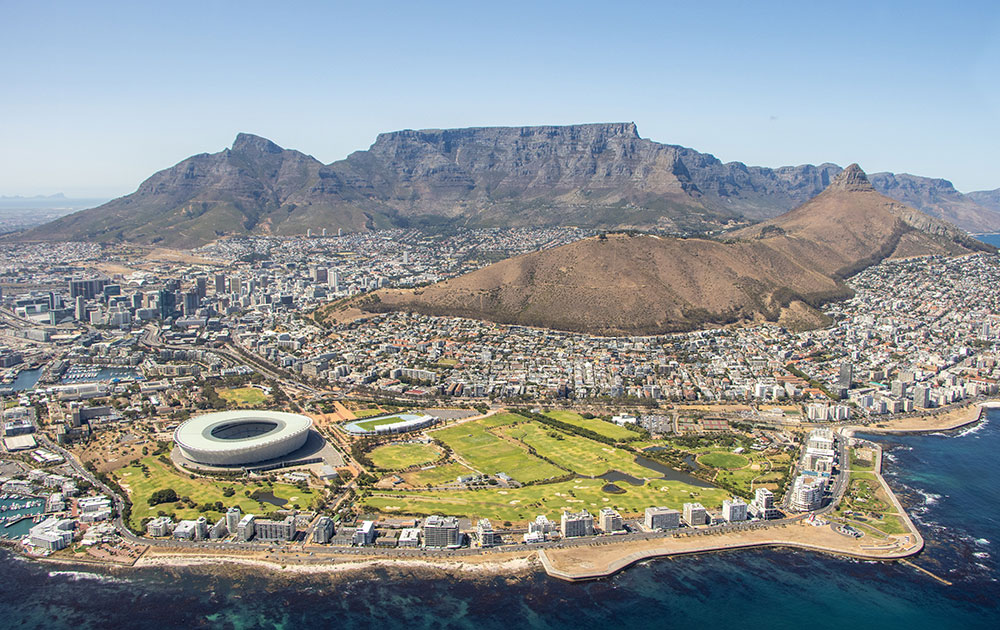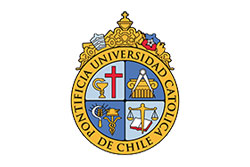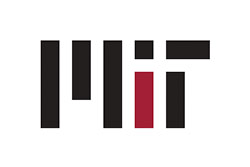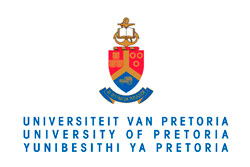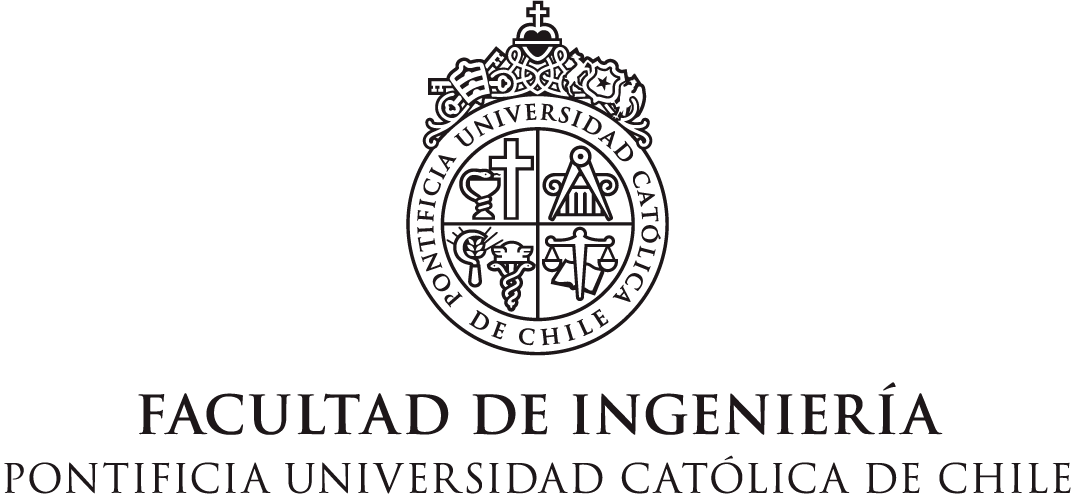There is renewed interest in many developing and developed countries in finding ways of providing efficient and effective public transport that does not come with a high price tag. An increasing number of nations are asking the question—what type of public transport system can deliver value for money? Although light rail has often been promoted as a popular ‘solution’, there has been progressively emerging an attractive alternative in the form of bus rapid transit (BRT). BRT is a system operating on its own right-of-way either as a full BRT with high quality interchanges, integrated smart card fare payment and efficient throughput of passengers alighting and boarding at bus stations; or as a system with some amount of dedicated right-of-way (light BRT) and lesser integration of service and fares. The notion that buses essentially operate in a constrained service environment under a mixed traffic regime and that trains have privileged dedicated right-of-way, is no longer the only sustainable and valid proposition. This paper evaluates the status of 44 BRT systems in operation throughout the world as a way of identifying the capability of moving substantial numbers of passengers, using infrastructure whose costs overall and per kilometre are extremely attractive. When ongoing lifecycle costs (operations and maintenance) are taken into account, the costs of providing high capacity integrated BRT systems are an attractive option in many contexts.
